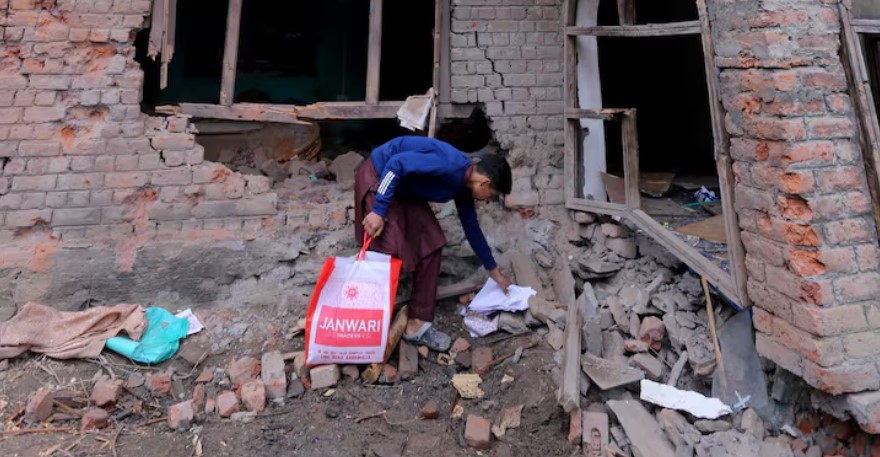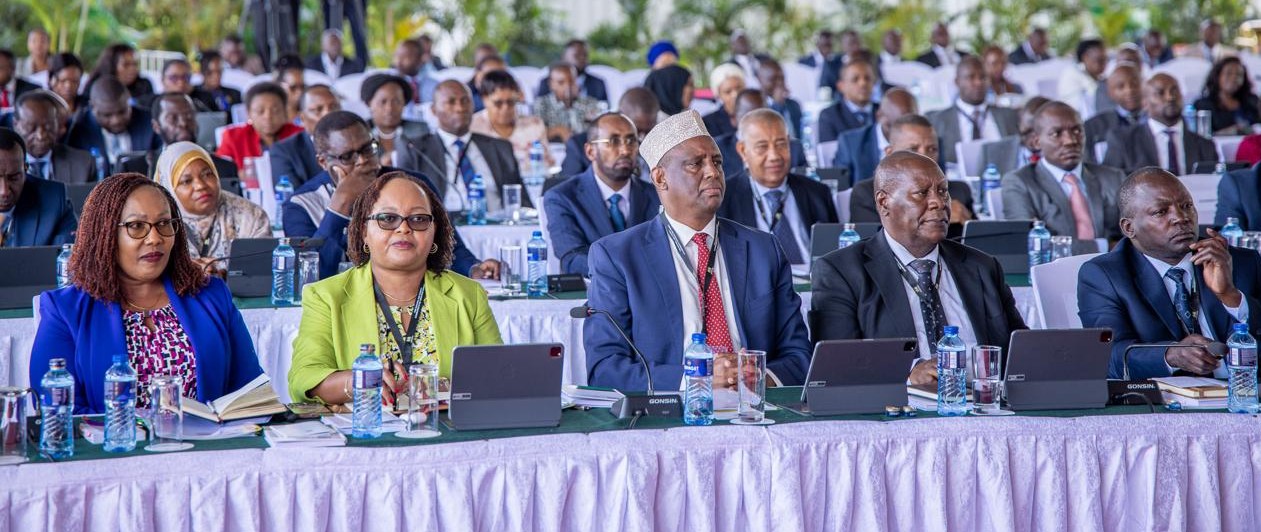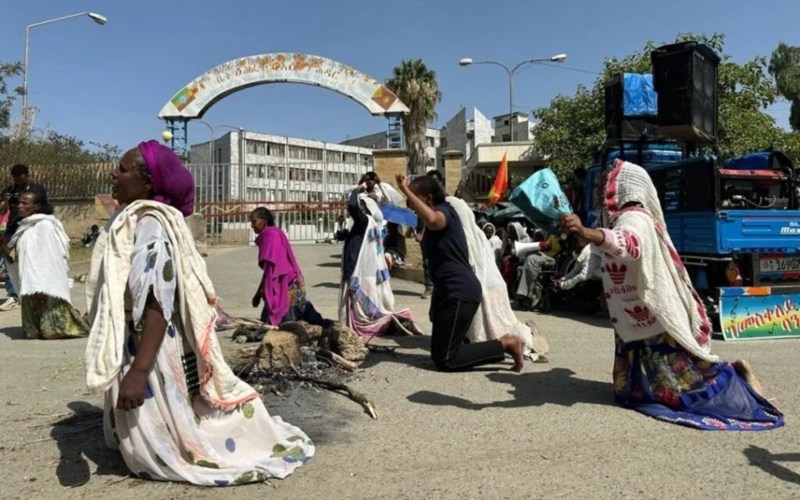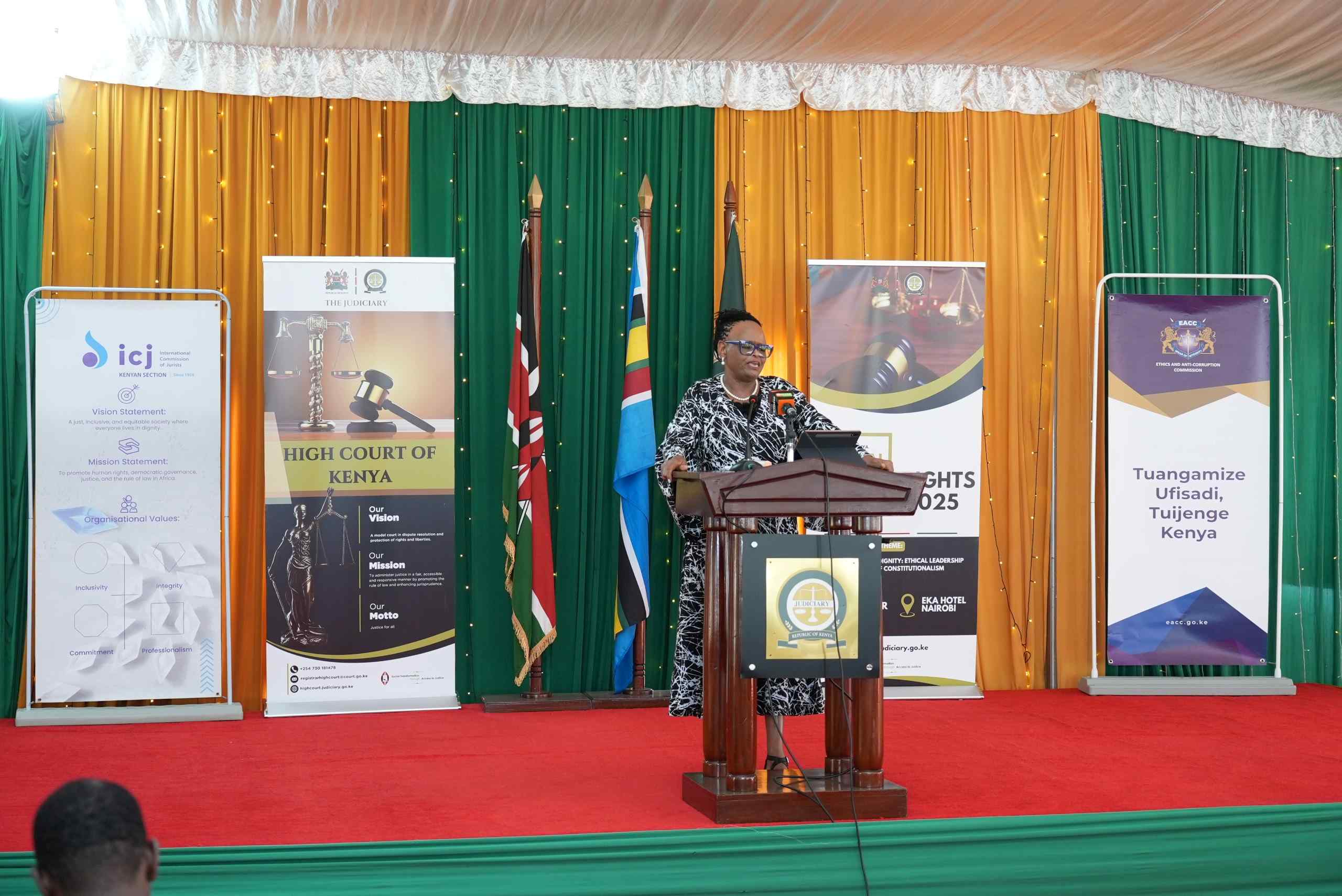Kenya urges citizens to avoid India-Pakistan border regions amid deadly clashes

The Kenya High Commission in New Delhi has urged its citizens to remain in contact and follow official guidance as the situation develops.
Kenyans have been urged to avoid specific Indian and Pakistani states near the contested border following an outbreak of violence that has left several people dead.
Kenya’s High Commission in New Delhi advised its nationals residing in or planning to travel to conflict-prone areas to exercise extreme caution and relocate to safer zones if necessary.
More To Read
- EU, Indian navies take over ship used by pirates off Somalia to seize tanker
- 12 killed, 27 injured in blast outside Islamabad court in Pakistan
- Africa imports over 70 per cent of its medicines — Local production of ingredients could change that
- Ruto recounts painful moment he found out about Raila’s death
- Inside Raila’s last days: Ruto shares final moments with Raila in the weeks before his death
- Mudavadi recounts emotional journey bringing Raila’s body home from India
In a notice, the high commission cautioned citizens against travelling to volatile regions near the India-Pakistan border, including Punjab, Gujarat, Rajasthan, Jammu and Kashmir.
The notice came in response to a deadly flare-up in hostilities between the two nuclear-armed neighbours.
“Where necessary, they are advised to move out until normalcy is restored. Equally, it is advisable to stay informed through local news, maintaining emergency contacts, and registering with the high commission in New Delhi,” the notice said.
The high commission also shared emergency contact information for Kenyan nationals to use “should they encounter any challenges”.
Intense fighting
The warning follows days of intense fighting between India and Pakistan, with both sides confirming that dozens of people had been killed during four days of heavy shelling and aerial assaults near the Line of Control, the de facto border in Kashmir.
Tensions escalated sharply after Indian authorities claimed they had carried out airstrikes targeting infrastructure used by militants linked to the April massacre of tourists in Indian-administered Kashmir. India has directly blamed Pakistan for backing the militants involved in the attack, a charge Islamabad has firmly denied.
In a dramatic turn, a military aircraft crashed in two villages within Indian-controlled Kashmir shortly after India’s airstrikes.
Meanwhile, Pakistani state media, quoting unnamed security officials, claimed that Pakistan’s air force had downed five Indian jets in retaliation. No additional details were released, and India has yet to respond publicly to the claim.
Pakistan’s foreign ministry said the Indian strikes were launched from within Indian airspace, suggesting the conflict had not yet crossed deeper into international territory.
Growing concern
The international community has expressed growing concern over the potential for wider conflict. In a statement, UN spokesperson Stéphane Dujarric said UN Secretary-General António Guterres urged both countries to exercise “maximum military restraint”.
“The world cannot afford a military confrontation between India and Pakistan,” the statement warned.
Meanwhile, efforts to de-escalate the crisis appear to be gaining traction following a US-brokered ceasefire announced on Saturday. President Donald Trump said both countries had agreed to halt aggression after nearly four days of fighting that “could have led to the death and destruction of so many, and so much”.
Top military officials from both sides were expected to hold direct talks on Monday to iron out details of the ceasefire.
Since the announcement, hostilities have subsided, although both countries remain on high alert, warning of consequences should the ceasefire be violated.
The Kenya High Commission in New Delhi has now urged its citizens to remain in contact and follow official guidance as the situation develops.
Top Stories Today
















































